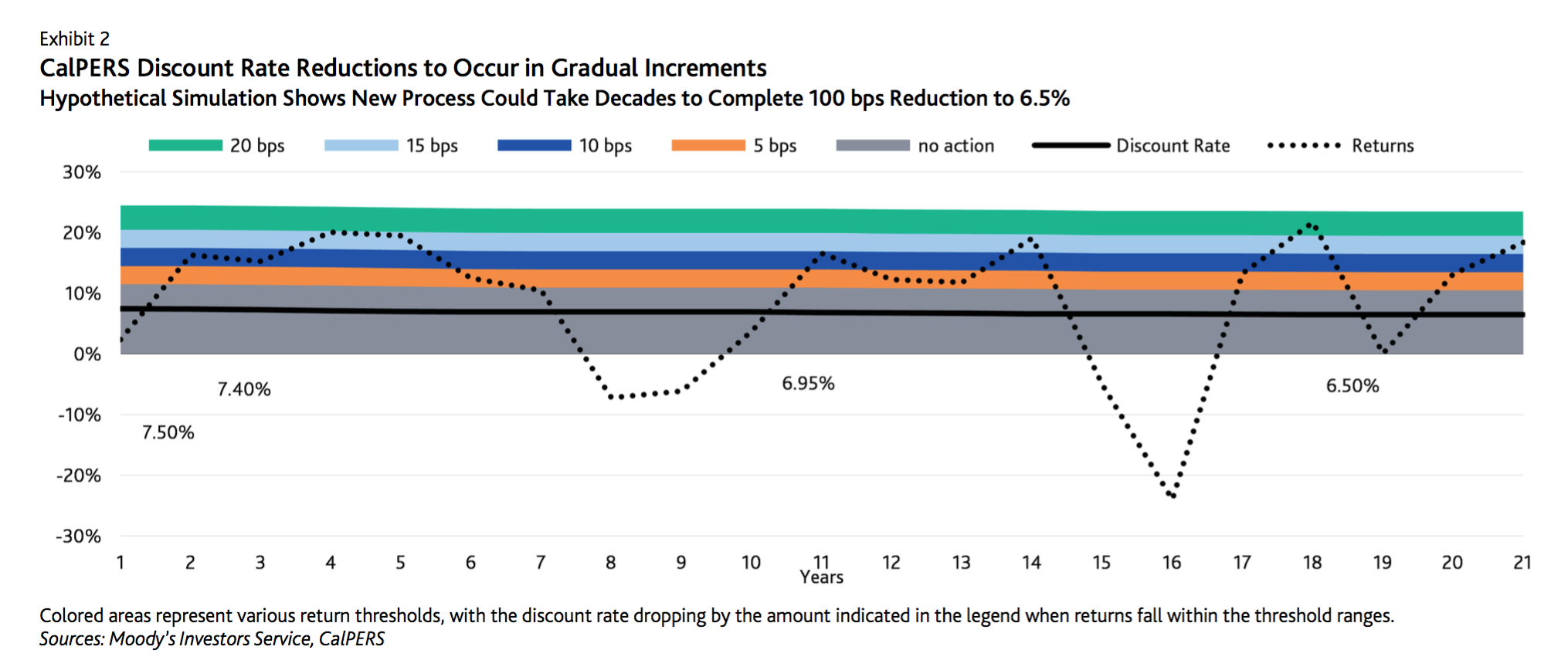With 2016 fast approaching, asset managers and consultants are offering their take on the optimal portfolio allocations for the year ahead.
“Stretched valuations are likely to again impact return potential in 2016, putting pressure on earnings to justify performance.”The outlook is not bright: The consensus—by firms including Cambridge Associates, Northern Trust, Russell Investments, and PineBridge Investments—is that commodities won’t rebound from their 2015 collapse, while already-high valuations of US equities will stifle future returns.
“US equities were overvalued going into the start of 2015 and valuations have changed little since then,” wrote Wade O’Brien, managing director at Cambridge Associates. “Stretched valuations are likely to again impact return potential in 2016, putting pressure on earnings to justify performance.”
Russell Investments echoed this sentiment, predicting European and Japanese equities would beat their US counterparts “due to their better valuations and higher expected profit growth.”
Northern Trust, however, remained optimistic about US equities, arguing economic growth in the US, supported by an accommodative Federal Reserve (despite last week’s rate hike), will continue to surpass that of other developed countries. But while the asset manager favored US equities, it only projected earnings growth of 6% in 2016—in line with Russell Investments’ projections of single-digit equity growth across markets.
Emerging market equities, meanwhile, are expected to remain depressed in 2016, as the result of “multiple headwinds including the strengthening dollar and continued rebalancing pressures,” according to Northern Trust. Although the current low valuation levels are “attractive,” Russell Investments indicated concern that the asset class “has not found the bottom yet.”
Cambridge Associates, however, said investors need to focus on the long-term potential of emerging markets, rather than worry about short-term volatility.
“Over the long term, valuations are likely to expand from this very low level, though there is (as always) a meaningful risk that they could shrink even further before that happens,” wrote Sean McLaughlin, managing director at Cambridge Associates.
This positive long-term outlook did not extend to commodities, which McLaughlin deemed unlikely to return quickly to the “boom times” of 2003-2011.
“Commodity futures continue to be difficult to recommend, given their negligible collateral yield and negative yield from rolling futures contracts,” he wrote.
While PineBridge Investments likewise did not project a “significant rebound” in commodities prices, the asset manager predicted “more demand in 2016 and a little less supply, which should gradually push prices higher again.”
As for other real assets, Northern Trust said a rising interest rate environment would benefit real estate and infrastructure investments in the US.
But with interest rates “unlikely to rise substantially,” demand for US fixed income assets will remain low, according to Cambridge Associates. Likewise, Russell Investments said it expected “interest rates to rise slightly, but not dramatically, resulting in fixed income to lag equities globally.”
Overall, Senior Investment Strategist Wouter Sturkenboom said Russell Investments anticipates “a continuation of 2015 into 2016: Another lackluster year with markets moving sideways.”
The investors with the best chances of outperformance in 2016, Sturkenboom continued, will be those who “hope for the best, but prepare for the worst.”

